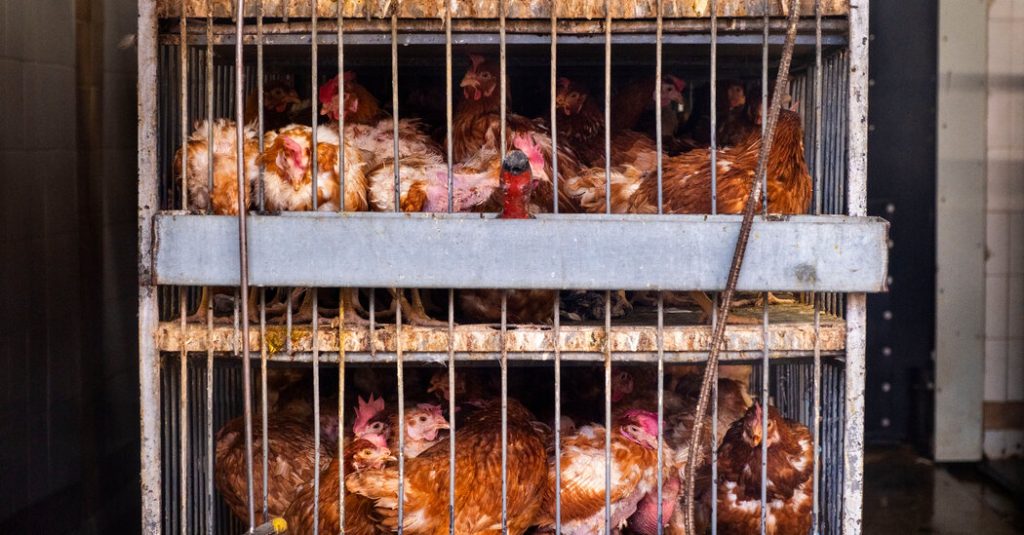Gov. Kathy Hochul announced on Friday that all live bird markets in New York City and several nearby counties must temporarily close to curb the spread of bird flu detected at some markets in the past week.
The closure order affects around 80 live markets in New York City, Westchester, Nassau, and Suffolk Counties after seven cases of bird flu were found in Queens, the Bronx, and Brooklyn.
Markets with confirmed cases must dispose of their inventory while others have three days to sell or get rid of their stock. All markets must then undergo cleaning, disinfection, and remain closed for at least five days.
Governor Hochul emphasized the importance of proactive measures to safeguard public health, pledging to take necessary steps to stop the spread of the virus.
In response to avian flu cases in New York, operators of live bird markets in New Jersey have been asked to clean, disinfect, and close temporarily before reopening with live birds, according to a state Agriculture Department spokesman.
Officials in New Jersey have also requested cleaning and disinfection from companies distributing to live markets and plan to conduct follow-up testing.
No avian flu cases were reported in poultry in New Jersey last year, and efforts continue to prevent any outbreaks.
Experts express concerns about bird flu spread globally, particularly from live animal markets.
There were approximately 70 live animal markets in New York City last year, selling various animals to restaurants and the public.
State health commissioner, James McDonald, reassured the public on Friday that bird flu does not pose an immediate threat in New York.
The city’s Health Department is working with the state to inform and treat people who work at live markets if they develop symptoms.
Some critics believe the state’s response is insufficient and advocate for longer closures of live markets.
State Assembly member, Linda Rosenthal, has pushed for a task force to study the safety of live markets and potential closures.
Recent closures of establishments due to bird flu outbreaks highlight ongoing concerns about sanitation and hygiene in these markets.
Inspections and clean-up efforts are crucial to prevent further outbreaks of bird flu in New York.

